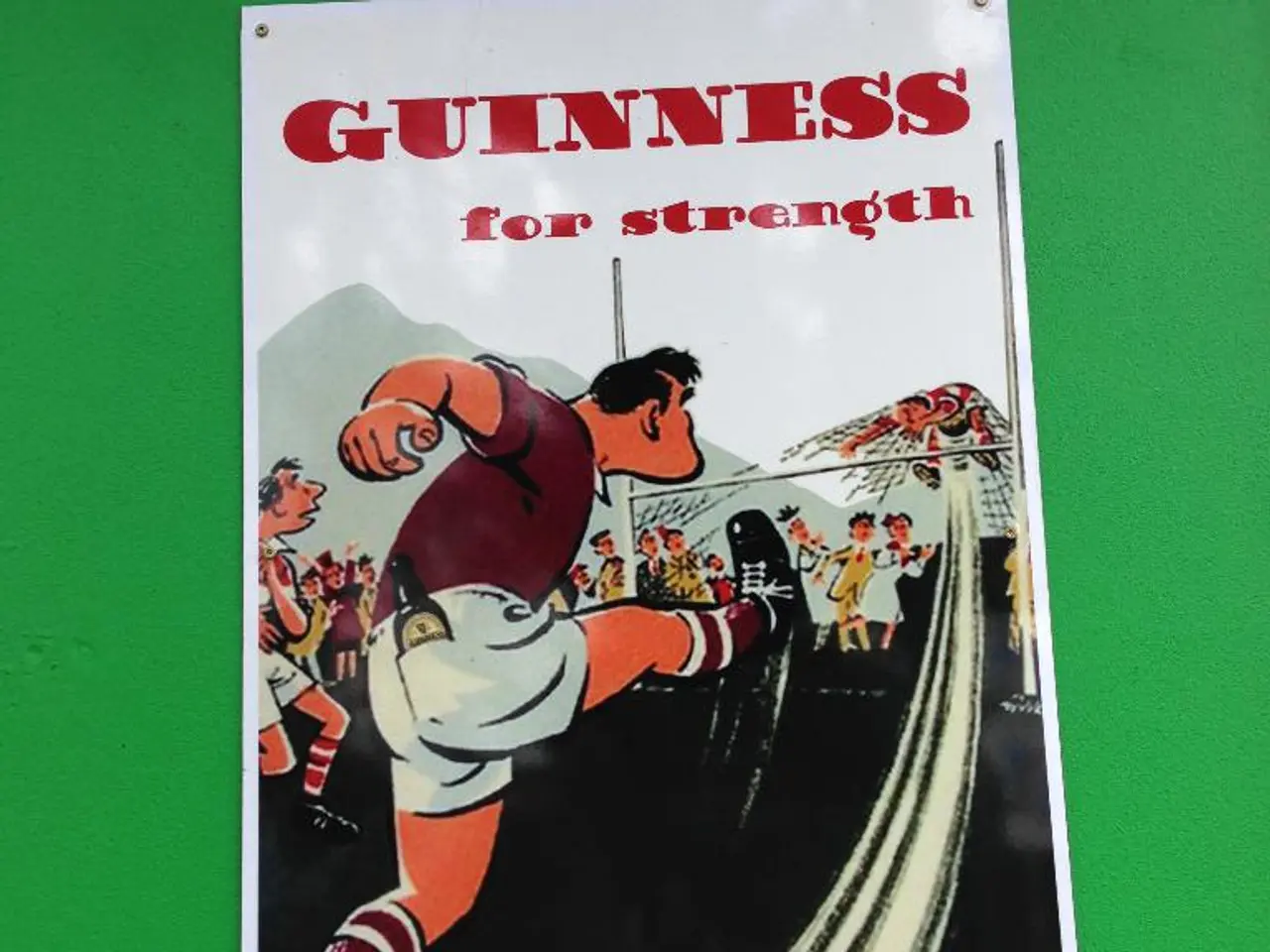Mastering the Art of Standing Tall: A Step-by-Step Guide
In today's fast-paced world, many people find themselves feeling disoriented in their careers, relationships, and society, as they constantly struggle to adapt. Psychologist Stefanie Stahl believes that this sense of disorientation can be alleviated by identifying and living by one's personal values.
According to Stahl, values should not just be thought about but lived, particularly in daily life. It's important to question which values have been adopted and which ones genuinely belong. To help individuals identify their personal values and use them to maintain stability, build self-worth, and guide decisions, Stahl proposes a multi-step approach.
- Reflect on meaningful past experiences where you felt most alive, fulfilled, and connected. Identify what values were engaged in those moments, such as courage, connection, or creativity.
- Observe what energizes or drains you in daily life. Note when you feel most happy or tired, as the things that energize you often reflect your core values.
- Explore and choose from common values lists, such as compassion, honesty, freedom, loyalty, wisdom, etc., to see which resonate with you. Taking a values test or quiz can be helpful to clarify and prioritize your values.
- Write down and personally define your top values in your own words. This deepens your connection to what those values mean uniquely to you and helps anchor them in your life. For example, redefining "courage" as “acting despite fear in service of others” makes it more tangible.
- Decide what you want to stand for—consider causes or contributions important to you—and affirm these as part of your values framework.
- Create a plan to live in alignment with your values. Use them as touchstones to evaluate choices and behaviors, maintaining stability by acting consistently with what matters most to you.
- Apply values to guide decisions by asking whether an option aligns with your defined values, thus fostering self-worth through integrity and authenticity.
It's crucial to remember that values are not about rigid rules but a deeply rooted feeling for what is truly important to an individual and gives their life meaning. Some people may not live in harmony with their values, unconsciously adopting them from their parents' home or culture and later realizing they no longer fit their life. Only consciously chosen values can unfold their psychological power.
Values like empathy, honesty, or friendship provide orientation. However, values adopted unconsciously often feel like a duty. To help people stay clear amid external noise, Stahl refers to logotherapy, a philosophy based on aligning actions with higher values. Logotherapy provides an inner compass for orientation when nothing seems reliable on the outside.
Various providers offer card sets to help identify one's top values, and the University of Brunswick offers a PDF guide and value list to find personal values. By following this approach, individuals can foster stability, build self-worth, and make clear, guided decisions based on their personal values.
Engaging in education and self-development focused on personal growth can help individuals foster stability and build self-worth. By reflecting on meaningful past experiences, exploring common values lists, and defining top values in their own words, people can identify and live by their personal values, guiding decisions and maintaining a sense of orientation in an uncertain world.




